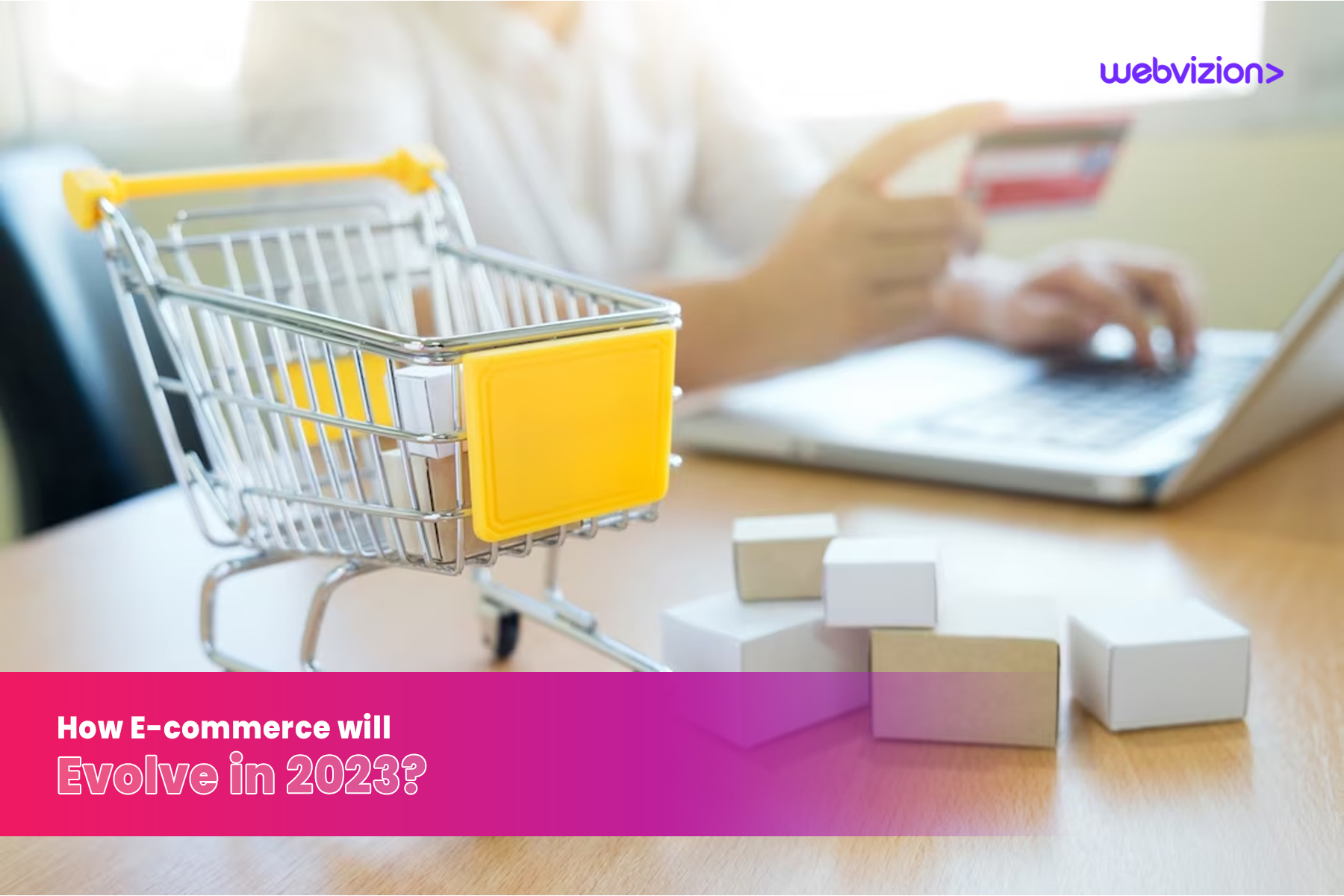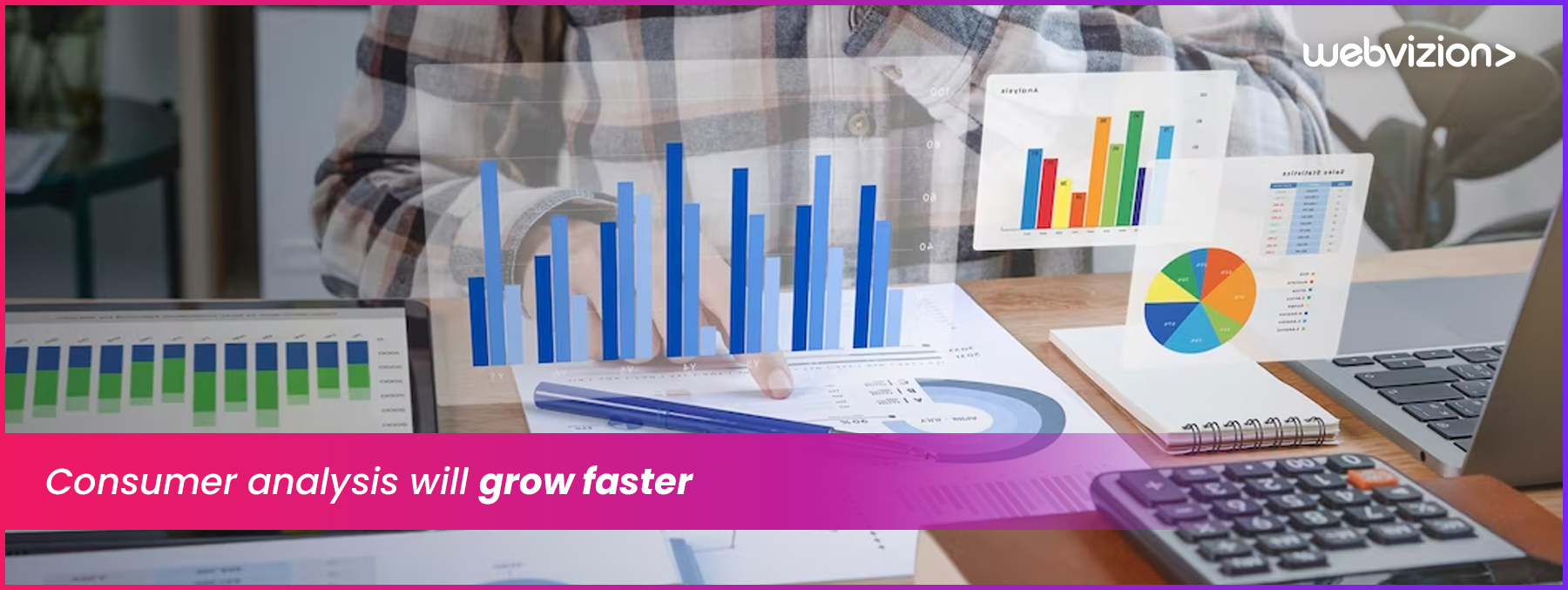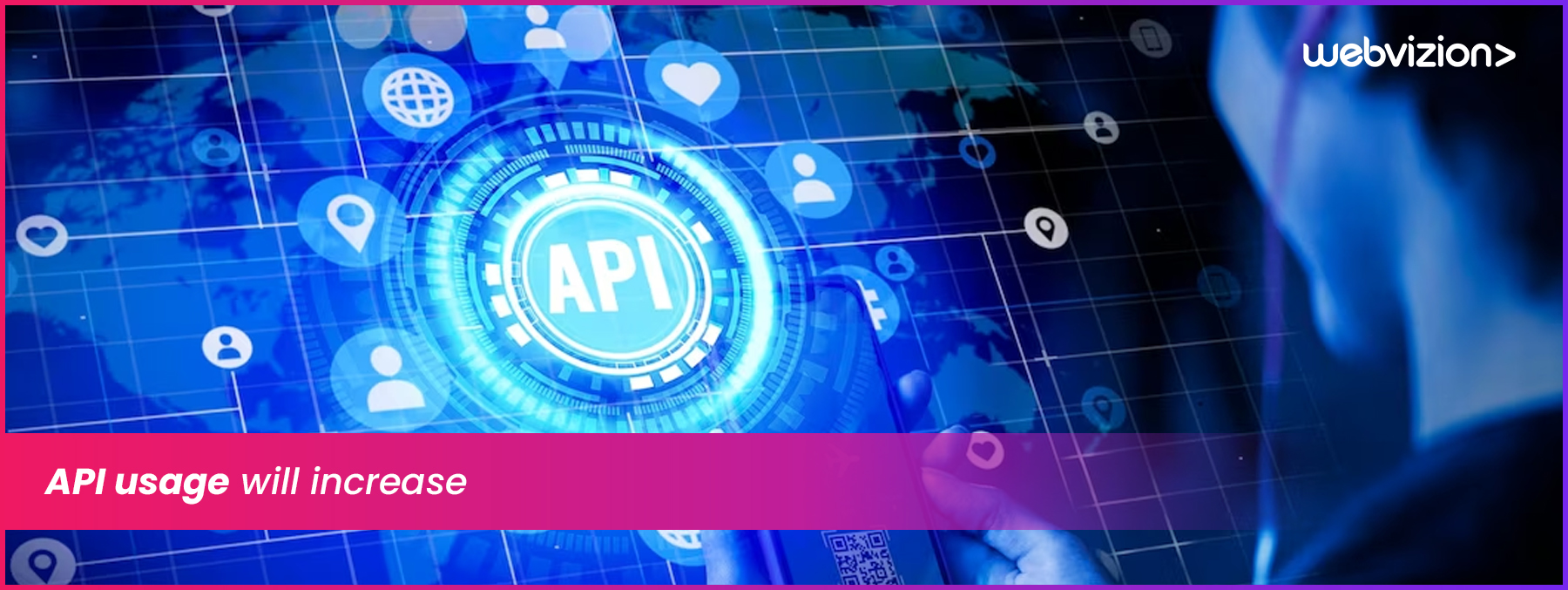
Technology is continually advancing, making our lives and jobs easier. As the e-Commerce industry is causing individuals to speculate about the future of eCommerce.
According to a study, global e-Commerce sales exceed $5.7 trillion in 2022. It demonstrates that eCommerce will be a profitable alternative for enterprises in 2023.
The rise of e-Commerce has altered the way people shop online, as well as their expectations of how firms approach customer care by providing personalized messaging and a variety of options.
The ecommerce sector is also continually changing and influencing how consumers shop online around the world. In the eCommerce business, a lot of important things are likely to happen in the future years.
In this blog, we will examine some of the top e-Commerce trends for 2023. Continue reading to learn about some exciting changes in the eCommerce business in 2023.
E-commerce is one of those things that has improved our everyday lives in a variety of ways, and the following are a few changes that may occur soon.
1. Visual marketing will include AR and 3D renderings
Visual commerce will be a game changer in the future since it will be capable of combining product-representation content with user-generated content from social media as well as capabilities such as augmented reality and 3D drawings of the product.
However, a great amount of data must be moved in the form of a visual depiction of the product.
2. Consumer analysis will grow faster

Consumer analytics assists in determining the point of sale where the data gathered represents consumer preferences and demographics. Instead of just reporting the transaction, the future of e-Commerce will point to smart product strategies that incorporate predictive research of the customer. It will, however, need keeping user data secret and secure within the corporation.
3. Artificial intelligence will play a larger role
Many platforms and e-Commerce behemoths are already utilizing artificial intelligence, but not to its full potential. Many firms utilize an easy-to-run AI technology stack, which changes its usage.
Using the right technological stack, on the other hand, will be an investment in which organizations may harness machine learning to enhance productivity by locating customer behavioral data.
4. API usage will increase
Businesses can deliver optimal UX for the smartphone device market by using progressive web apps, which allows the app to give the same features as other apps but at a significantly faster speed.

This will close the gap in mobile usage for purchasing a product, which will be shortened with the use of improved web apps. These web apps will also assist shops in gaining independence from their technology stacks.
Furthermore, with the rise of APIs in eCommerce, businesses will be able to communicate with their customers at additional touchpoints. The increased number of touchpoints will allow shops to give more options for purchasing the product. This will broaden the range of products available for sale, including appliances, mobile phones, portable gadgets, wearables, and many others. These web apps will increase the use of technology as well as the way data is used and transferred between devices.
5. Multichannel marketing will prevail
Multichannel marketing is still utilized to promote a single point of sale or consumer touchpoint. This single channel will become a seamless multichannel experience for both the store and the customer. Integrating these multichannel tactics through numerous point-of-sale touchpoints will result in an immersive consumer experience across multiple elements of the organization.
6. Enterprise marketplace will emerge

With the usage of technology, B2B markets are also seeing significant expansion. This will improve and enable individual suppliers to target specific clients with a large choice of products in distinct specialty areas. This will allow firms to provide value-added services that will be more appealing to consumers. Furthermore, this will allow suppliers to differentiate their products while closely aligning with market requirements and competition profiles.
7. Data privacy will have more focus
The utilization of technical breakthroughs in customer behavior to provide better personalisation will result in an emphasis on privacy and trust issues. Businesses will concentrate on increasing customer trust through product and service quality. Because the eCommerce industry collects a vast amount of consumer data, data privacy legislation will undoubtedly play a significant role in such decisions.
Conclusion
eCommerce purchasing will become more personal, accessible, and data-driven than ever before. This assures that both businesses and customers will benefit from new changes and advancements in the eCommerce industry. It is critical to keep up with developments in the eCommerce industry, whether you are an entrepreneur or work for an eCommerce company.
If you’re interested in shaping the future of online shopping, consider building an eCommerce marketplace website with us. We have vast experience in developing marketplace websites for various industries. Contact us or schedule a call with us for further queries.




